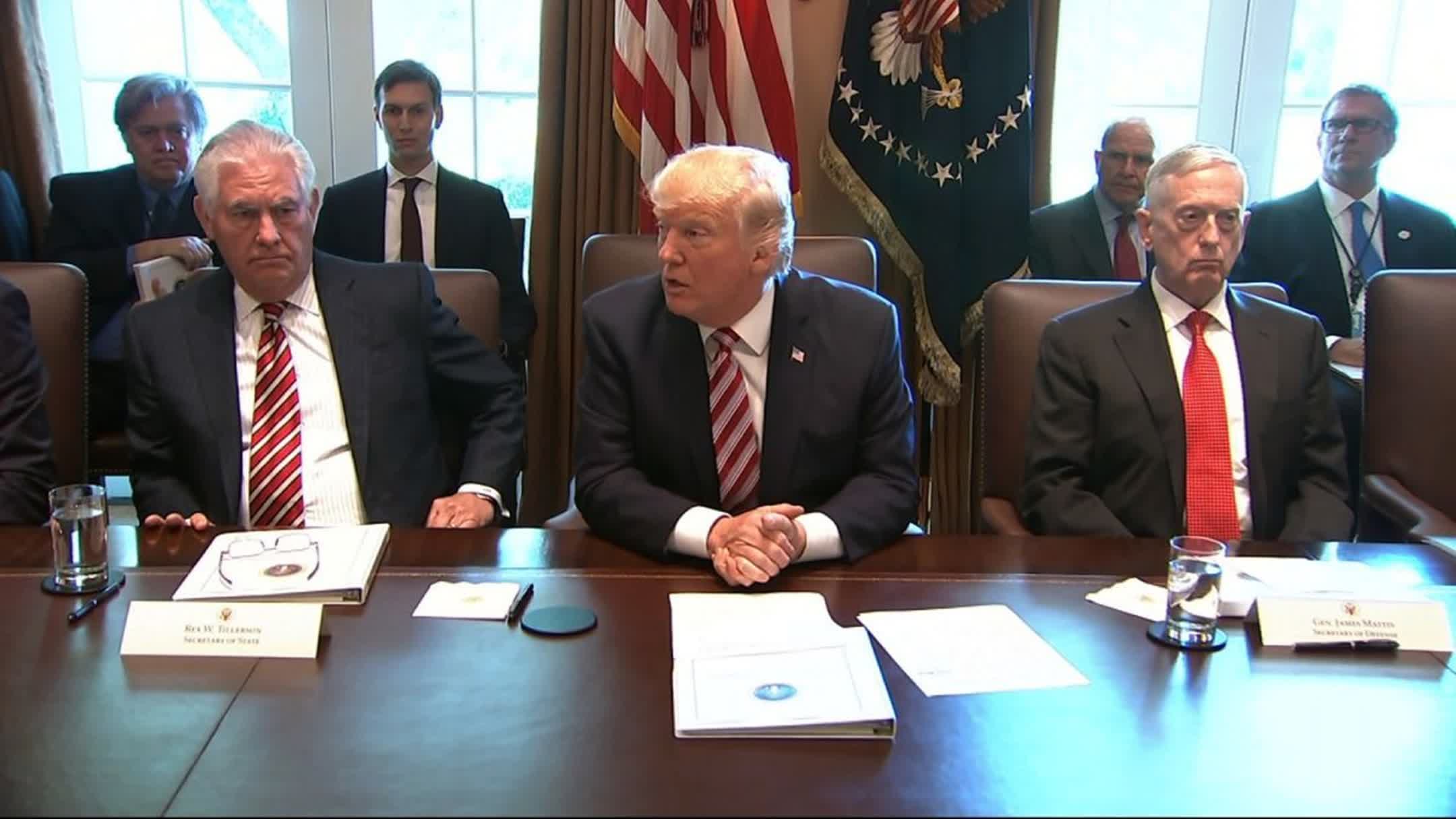The big picture: The US government has come up with a new tech initiative to overcome China's expansionist schemes while beating Russia's technological advancements. The plan dubbed the National Strategy for Critical and Emerging Technologies will help prevent international competitors from acquiring critical US intellectual property and sensitive technology.
The White House proposition suggests that tech companies implement security protocols during the initial stages of advanced technological developments. The US government will also be involved in the risk analysis of some projects and will determine whether some technologies will be transferred to allies or not.
Some of the tech sectors that are set to be covered under the new program include advanced sensing, aero-engine technologies, artificial intelligence (AI), communication, and human-machine interfaces.
According to a statement issued by the White House, "The United States will not turn a blind eye to the tactics of countries like China and Russia, which steal technology, coerce companies into handing over intellectual property, undercut free and fair markets, and surreptitiously divert emerging civilian technologies to build up their militaries."
This latest initiative largely targets China. The East Asian nation is considered to be a serious emerging threat to US corporations. Chinese companies currently have an edge over their privately-owned American counterparts because they get preferential access to government funds for research. They also have direct access to a sizeable 1.3 billion population that provides a market ready for their products.

Chinese companies have direct access to a sizeable 1.3 billion population that provides a market for their products.
Many of the country's most innovative tech companies get substantial government backing. This helps them to dominate foreign markets. The US government sees this as a form of digital colonialism.
The companies are supported in their expansionist plans so long as they stick to policies outlined by the Chinese Communist Party. Among the most concerning aspects is the nation's cybersecurity law which came into effect in 2017. It has a clause requiring Chinese companies operating in the nation to store user data in the country. It also imposes data transfer restrictions to foreign entities.
This is among the reasons why the US government has been fidgety about TikTok. The viral video app which has taken the social media scene by storm has approximately 100 million US users. Its access to the US market recently became a major inflection point due to its access to personal user data. The problem was escalated to a national security issue.
China currently tops the rankings when it comes to the sheer number of patent applications, and this underlines its resolve to become a world technology leader. Over the past year, Chinese companies have made about 58,990 patent applications. In contrast, US firms submitted approximately 57,840 patents.
China's endeavor to dominate the tech sector is coordinated via an initiative called the Digital Silk Road (DSR). The project is aimed at extending the nation's digital footprint worldwide. Its main objectives include building vital digital infrastructure, boosting Chinese technology firms, and augmenting access to critical data. Unveiled in 2015 as a largely private-sector program, it has received immense government support in recent years.
The White House is looking to inspire a similar homegrown initiative.
Image credit: CNN
